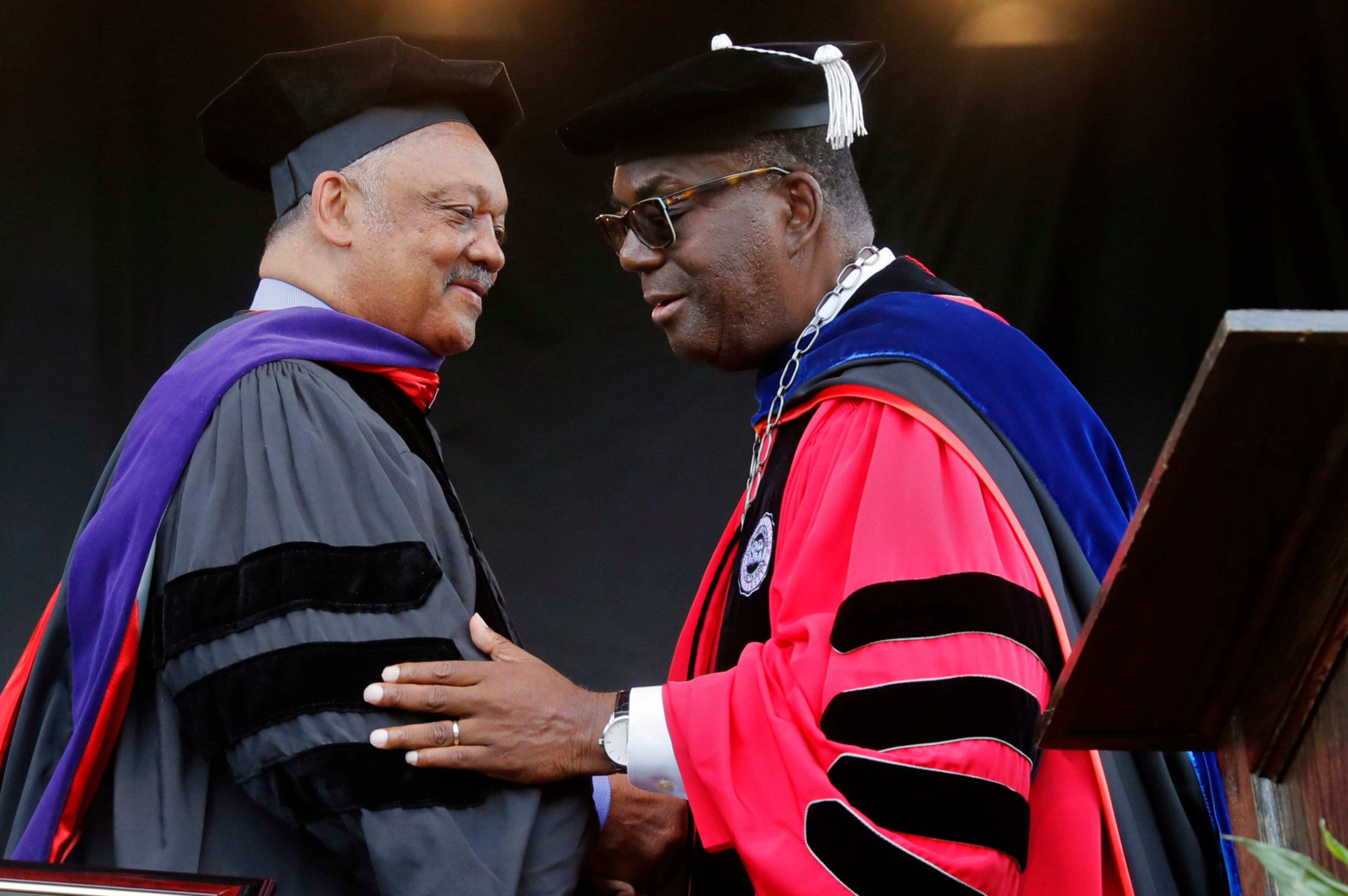Study: Atlanta-area students attended less school online than in classrooms, and did worse
A new study by Georgia State University finds what many education experts expected: students who went to school online during the pandemic spent a lot less time ― less than half as much on average — in school than they had when they were in person.
They also learned less.
The study of virtual learning last fall uses attendance and testing data from fourth through eighth grades in an unidentified metro Atlanta school district.
Researchers with the Metro Atlanta Policy Lab for Education, which partners with a handful of school districts to conduct research in their schools, determined that the average student logged into the school district’s learning platforms about 14 hours a week. Per the bell scheduled, those students would have attended 33 hours a week prior to the pandemic.
Girls logged more time than boys, and Black students spent more time in live sessions with teachers than white students.
The less time students logged online, the worse they did.
“While some students may have received additional instruction outside of the virtual learning environment, this difference is striking,” Jennifer Darling-Aduana, a member of the research team, said in a written statement.
The researchers found lower scores on school district tests than would have been predicted for these students prior to the pandemic.
Drops in student performance had already been measured nationally and statewide by other test results, including the scores from the Georgia Milestones released in mid-August.
This study aims to tie the lowered performance to time online, but the researchers warn that other factors could be in play. For instance, lower income families may have been less able to provide supervision and academic support for their children during the day.
The GSU researchers plan more studies, using parent surveys and other data, that will attempt to target the causes of lowered performance when schools shifted online.


